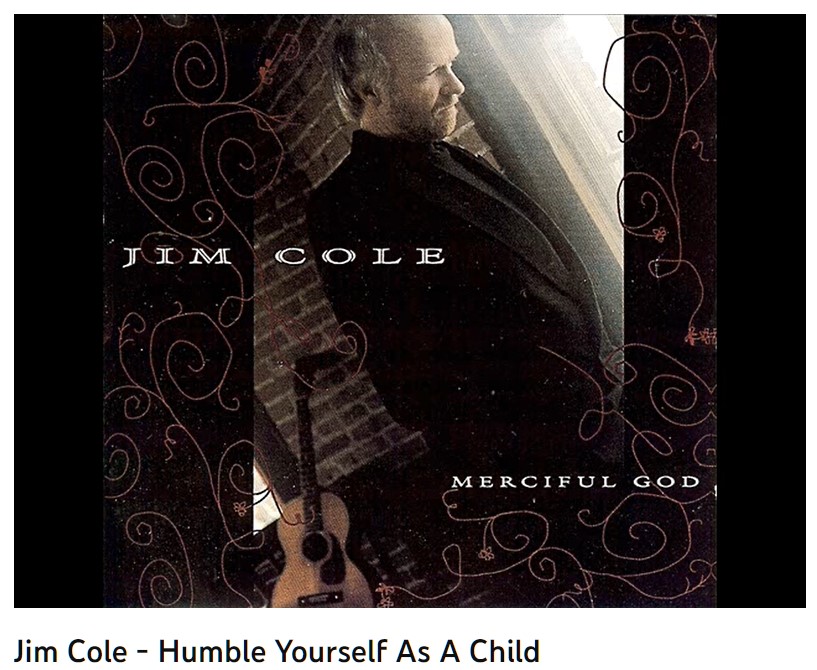Jesus promised if we ask in His name, He would answer us. “Whatever you ask in my name, this I will do, that the Father may be glorified in the Son.” John 14:13 He Promised if we believe, we will receive.“Therefore, I tell you, whatever you ask in prayer, believe that you have received it, and it will be yours.” Mark 11:24
So, when we don’t get what we asked for, has He broken His word?
Saints from all generations struggled with the tension of unanswered prayer. The disciples failed to exorcise a demon and left the poor boy’s father devasted and desperate. The Apostal Paul pleaded for healing—God refused his request. Abraham asked God to spare the cities of Sodom and Gomorrah for the sake of his nephew who lived there. Then watched as the Lord demolished both cities with fire and brimstone. What can we learn from these accounts when our prayers seem to bounce off the ceiling and never get to God’s ear.
In the Gospel of Luke 9: 14-29, we witness a desperate dad at the end of his hope. This man’s voice cries in despair as he explains to Jesus his son’s severe condition. He has prayed, paid, and plotted, but no one—not even one of the twelve—can cast the violent tormentor from his son’s soul. After hearing his saga, Jesus tells him a simple truth, “All things are possible for him who believes.”
This man’s candid response confronts me with the reality of genuine faith. “Lord, I believe, help my unbelief!” Faith prays honestly.
Lesson 1: Delays and denials teach us humility and dependence.
Life-giving, soul-saving, mountain-moving faith is a gift of God (Ephesians 2:8). As long as I delude my heart with self-sufficiency, “I just need to trust more, believe harder,” I fail to humble myself before God, who grants faith. Jesus later explains privately to his disciples why they couldn’t cast out the demon. “This kind comes out only by prayer and fasting.”
Christ’s call to fast and pray isn’t an encouragement to work up to more faith. He’s reminding them (and us), their effort isn’t enough. Just like the boy’s dad, they need to confess their self-reliance. Fasting communicates complete dependency on God. It reveals Jesus is our bread of life—and we should desire nothing less. When we thrust ourselves upon the mercy of God, He always shows up—but not necessarily in the way we think He should.
Consider the conversation the Lord had with Paul concerning “ a thorn in the flesh.”
“Three times I pleaded with the Lord about this, that it should leave me. But he said to me, “My grace is sufficient for you, for my power is made perfect in weakness.” 2 Corinthians 12:8-9
If you read this chapter, you’ll see Pual knew why he had this affliction. The Lord intended to keep him humble. Paul felt he had learned the lesson; so, he asked God to relieve him. God flat-out rejects the request and gives him something better, grace.
Lesson 2: God’s grace working through our weaknesses accomplishes more than miraculous healing.
We rejoice to see miraculous healing, but the world denies that type of miracle. What unbelievers can not deny is the joy and graciousness of suffering saints. That shouts the reality of good news—God with us—like nothing else can.
Lesson 3: True wealth is contentment to wait on the Judge of the earth to do right.
Abraham, by earthly standards, possessed wealth. That’s what caused his nephew Lot to move away. They both owned fortunes, and one region could not sustain their grazing herds and flocks (the measure of wealth in ancient times) So, a gracious Abraham let Lot pick first which way to go. Lot coveted the fertile valley.
Unfortunately, that plain produced some nasty fruit. Sin abounded in Lot’s new neighborhood. But before judging the sins of Sodom and Gomorrah, God let His friend, Abraham, in on the plan.
Abraham did what all godly men do—he interceded for his family. He pleaded with God to spare his nephew. God agrees to the terms of Abraham’s request; if there are ten righteous, he will not destroy the cities.
Abraham waits in the mountains. Later we watch him gaze upon the destruction of these cities. There is no evidence he ever saw Lot again.
God let Abraham wonder and wait. Abraham developed contentment even though he never saw the answer to his prayer for Lot’s safety. He found satisfaction by trusting the Judge of all the earth—Who does do right.
More than needing more, we need contentment with our lot.
“people who are depraved in mind and deprived of the truth, imagining that godliness is a means of gain. But godliness with contentment is great gain, for we brought nothing into the world, and we cannot take anything out of the world.” 1 Timothy 6:5b-7
Some believers reduce God to a sugar daddy. That covetous spirit propels the false teaching of the prosperity gospel. “Name it and claim it” Christians miss out on the true wealth of dependency, grace, and contentment—these gifts God often provides through denial and delay. Take heart, Sister, when God answers no or not yet, it’s because He’s giving you more than you bargained for. He’s giving you exceedingly abundantly above all, you can ask or think!












